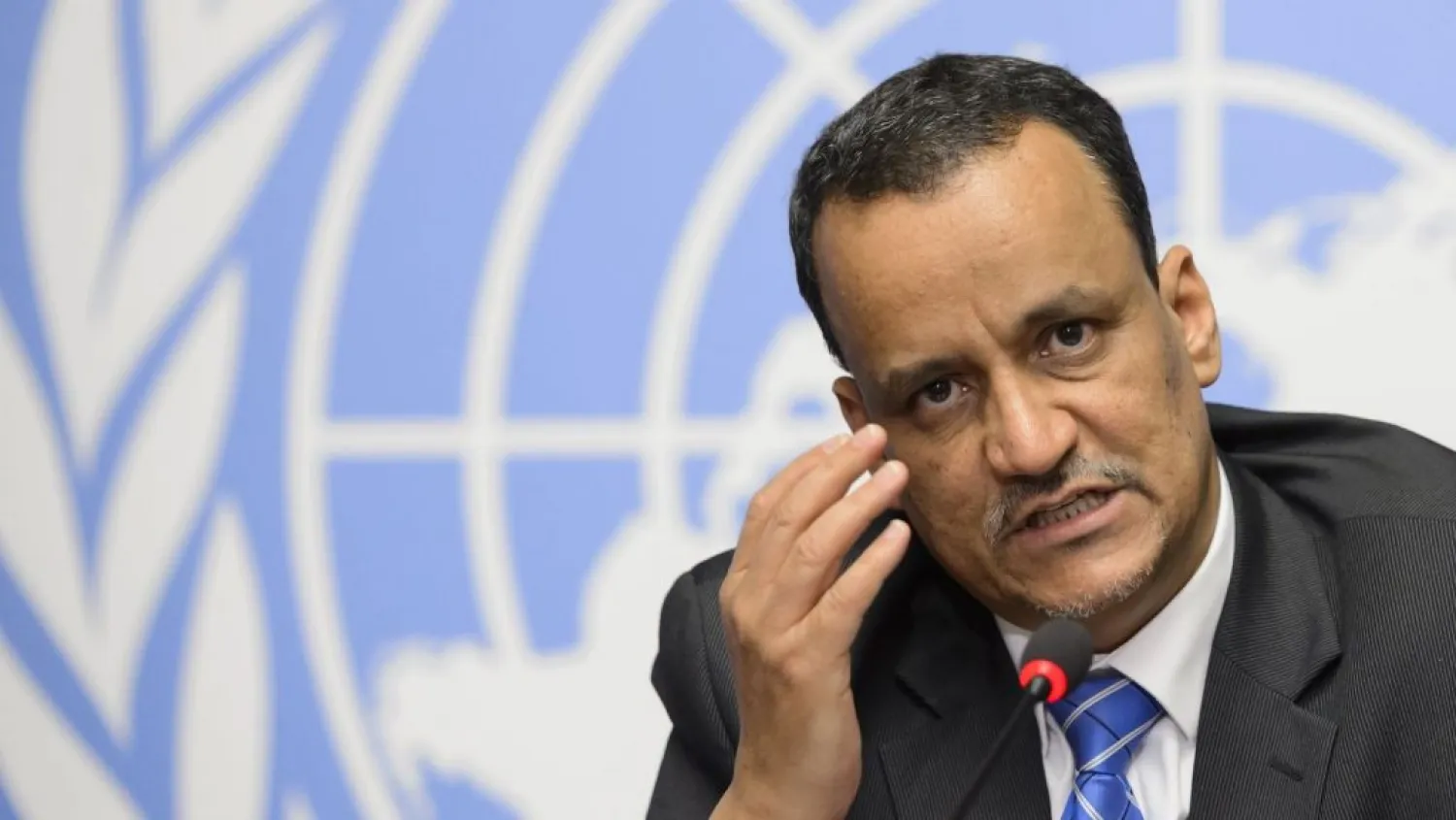Special Envoy of the United Nations Secretary General for Yemen Ismail Ould Cheikh Ahmed expressed deep concerned about the escalation of violence in Yemen and the continuous violations putting the life of civilians at risk.
The envoy urged all parties to fulfill their obligations under the International Humanitarian Law and International Human Rights Law, and stressed the need to hold accountable whomsoever committed such violations of human rights.
The Special Envoy condemned targeting the Saudi Arabian capital Riyadh with a ballistic missile on December 19. This is an escalation that hinders peace efforts in Yemen, he stressed.
Cheikh Ahmed called for restraint and refraining from any acts of violence that would aggravate the already difficult humanitarian and security situation in the country.
He wished to refer to the relevant UN Security Council resolutions that have emphasized the need for all parties to ensure the safety of civilians and facilitate unhindered and rapid delivery of humanitarian assistance.
In this context, he welcomed the decision of the Arab Coalition to open the port of Hodeidah for humanitarian and relief access and allow commercial ships to enter for 30 days, calling for the continuation of these measures thereafter.
Cheikh Ahmed reiterated that there is no military solution to the crisis in Yemen and that the solution can only be achieved through a Yemeni-owned political process, with the facilitation of the UN and support from the international community. He stressed that any political solution must be decided by the Yemenis themselves without any foreign intervention.
The Special Envoy reiterated his earnest intention to redouble his efforts urgently to get in contact with all parties to prepare the resumption of a comprehensive and credible political process and called upon all parties to facilitate his mission and work with him in good faith, and show maximum flexibility to reach a ceasefire and a comprehensive and consensual political solution, reaffirming that any delay can only lead to increasing the suffering of the Yemeni people at all levels.









